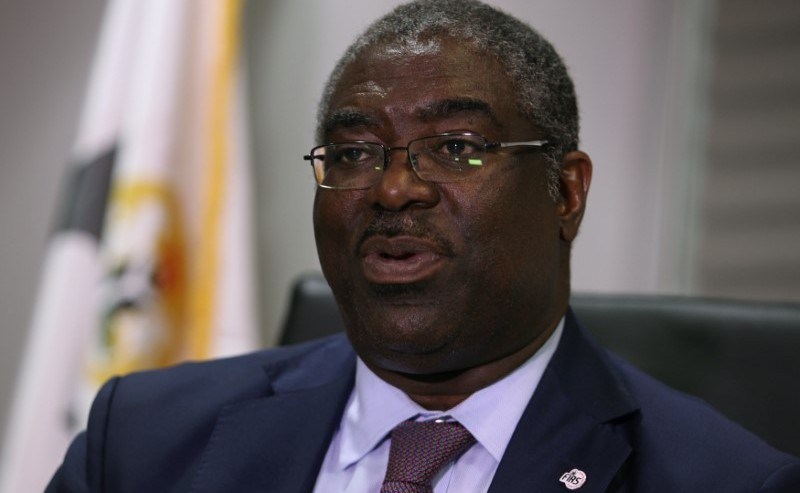- We’ll Sanction FIRS Officials Guilty of DTA Scam –Fowler
The Executive Chairman, Federal Inland Revenue Service, Mr Babatunde Fowler, on Wednesday, vowed that any of its officials found culpable in the Duty Tour Allowance scam rocking the agency would be sanctioned.
He said contrary to the claims in some quarters that it was the taxpayers’ fund that was misappropriated by officials of the FIRS, there was no fund missing from the amount generated as taxes for the federation.
Fowler, who spoke during an interview in Abuja, noted that already, the Economic and Financial Crimes Commission was investigating the matter, adding that those found to have compromised would be dealt with in accordance with the administrative process of the service.
The FIRS boss said the officials involved in the scam had been questioned by the EFCC, noting that the probe would soon be concluded by the anti-graft agency.
The EFCC had reportedly arrested some senior management and junior FIRS officials for an alleged N2.1bn scam.
The fund was said to have been syphoned through the alleged payment of Duty Tour Allowances to the members of staff.
Some of the suspects were reportedly paid as much as N101m, N97m, N89m, N84m, N65m, N52m and N46m as DTA.
Reacting to the development, Fowler said, “We have a relationship with the Economic and Financial Crimes Commission.
“We have a partnership, through which we combat evasion of taxes. People don’t want to get into trouble with EFCC. So, they pay on time.
“On the DTA, it claimed that some members of staff applied for and were granted allowances to travel for official trips. Some are alleged not to have travelled for the number of days, for which they were slated.
“The EFCC is looking into that. Sometimes, it is good to have a third party investigate matters like this instead of having a staff member investigate another staff member.
“Investigation by a third party is more objective. FIRS has since taken steps to remediate this.

 Forex3 weeks ago
Forex3 weeks ago
 Naira3 weeks ago
Naira3 weeks ago
 Billionaire Watch3 weeks ago
Billionaire Watch3 weeks ago



 Naira3 weeks ago
Naira3 weeks ago






 Naira2 weeks ago
Naira2 weeks ago




 Naira2 weeks ago
Naira2 weeks ago




 Naira4 weeks ago
Naira4 weeks ago






 Naira1 week ago
Naira1 week ago






















